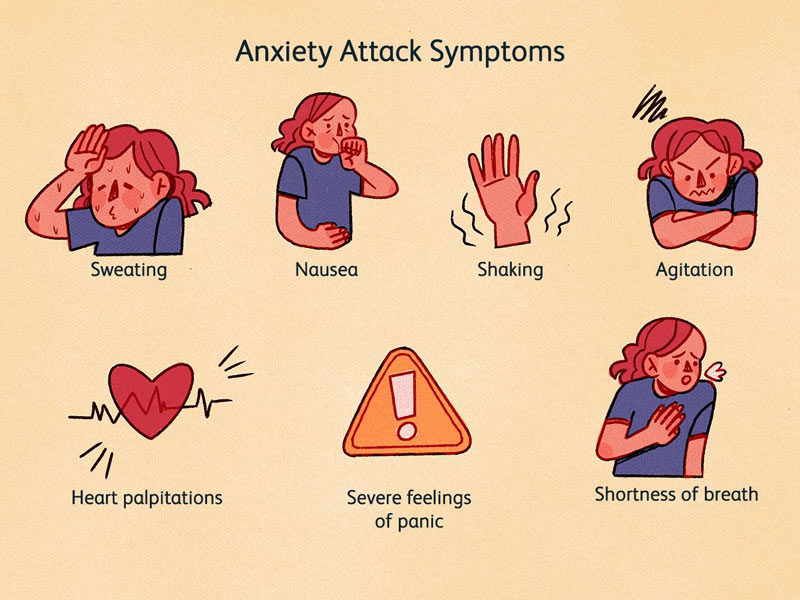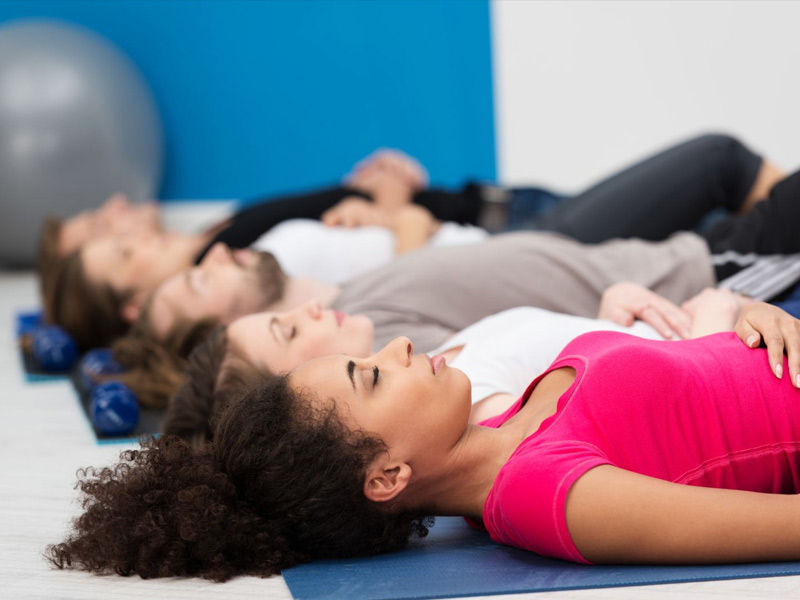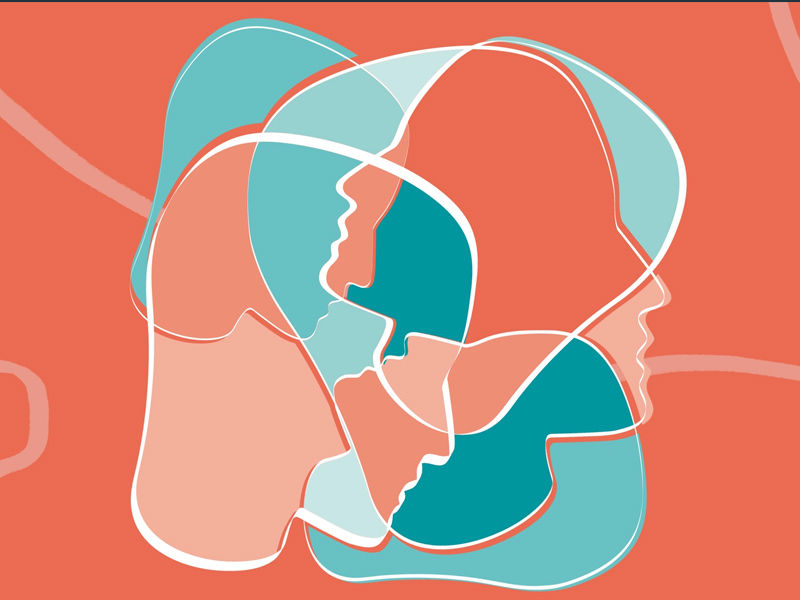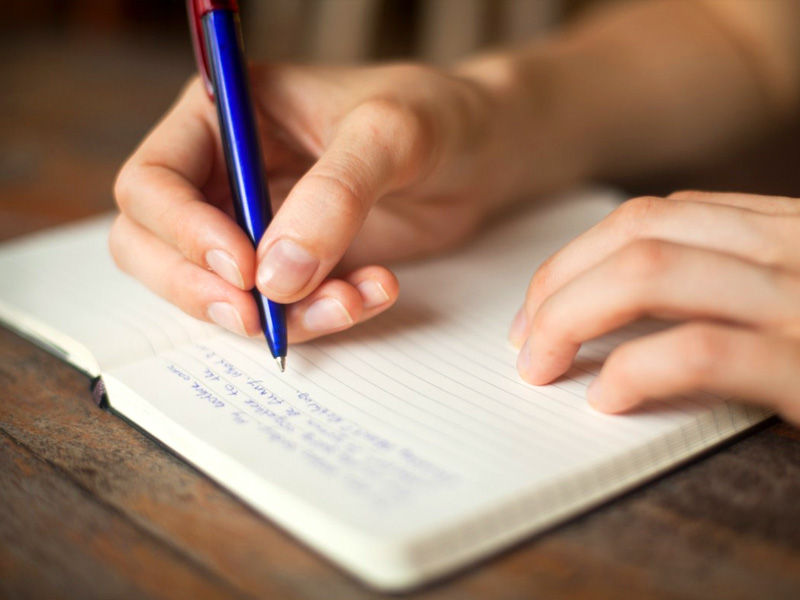Anxiety can arise when a person is concerned that something bad will occur. It is a term that describes a feeling of fear or worry that is frequently associated with a particular issue or concern.
Anxiety can be a stress reaction. It frequently includes physical symptoms as well as feelings of fear and worry. Anxiety can also occur when there is no identifiable stressor.

There are strategies you can use if you suffer from anxiety to avoid feeling consumed by it. Here are some quick fixes to help you deal with the situation right away, as well as long-term solutions to a recurring problem.
Breathe: There are methods for reducing anxiety.
Do you know how your heart beats faster in response to a stressful situation? Perhaps you get sweaty palms when confronted with a daunting task or event.
When we are stressed, our bodies natural reaction is anxiety.

If you haven’t already identified your triggers, consider starting a new job, meeting your partner’s family, or giving a presentation in front of a large group of people. Everyone has different triggers, and identifying them is one of the most important steps in coping with and managing anxiety attacks.
Identifying your triggers may take some time and self-reflection. Meanwhile, there are some things you can do to try to reduce or eliminate your anxiety.
Also Read: Panic attack vs Anxiety Attack: How do they differ from one another?
5 easy ways to deal with anxiety
If your anxiety is sporadic and interfering with your ability to focus or complete tasks, some quick natural remedies may help you regain control of the situation.
If your anxiety is focused on a specific situation, such as being concerned about an upcoming event, you may notice that the symptoms are brief and usually subside after the anticipated event occurs.
Examine your thought pattern
Negative thoughts can take root in your mind and distort your perception of the gravity of the situation. One method is to confront your fears, ask if they’re true, and see where you can regain control.
Deep, focused breathing is recommended.

Anxious people should try breathing in for at least four counts and out for at least four counts for five minutes. When breathing is more evenly spaced, the heart rate returns to normal.
The 4-7-8 technique has also been shown to reduce anxiety.
Make use of aromatherapy
Natural scents like lavender, chamomile, and sandalwood can be very soothing, whether in essential oil form, incense, or a candle.
Aromatherapy is thought to help activate certain brain receptors, potentially reducing anxiety.

Take a walk or practice yoga for 15 minutes.
Walking away from a stressful situation is sometimes the best way to calm down. Taking some time to focus on your body rather than your mind may help you feel less anxious.
Getting some quick exercise can help you feel better and relax.
Make a list of your thoughts.
Writing down what’s making you anxious gets it out of your head and can help you feel less overwhelmed.

These relaxation techniques are especially beneficial for people who regularly experience anxiety. In a pinch, they might also get along with someone who has a generalized anxiety disorder (GAD)!
Quick coping methods should not be your only treatment option if you suspect you have GAD. You’ll want to devise long-term strategies to help alleviate and even prevent symptoms.
Discover and master your triggers
Triggers can be identified on your own or with the help of a therapist. Caffeine, alcohol, and smoking are all well-known triggers. They are also capable of being subtle at times.
Long-term issues, such as financial or work-related issues, may take time to resolve — is it a deadline, a person, or the situation? This may necessitate additional assistance, such as from therapy or friends.
When you’ve identified your trigger, try to limit your exposure as much as possible if you can’t limit it, such as if it’s due to a stressful work environment that you can’t change right now, other coping strategies may help.
Do a daily or weekly meditation.

While it takes some practice to achieve success, regular mindful meditation can eventually help you train your brain to dismiss anxious thoughts when they arise.
If sitting still and concentrating is difficult, try yoga or walking meditation first. Many free guided meditations are available on apps such as InsightTimer to help you get started.
Maintain a journal
It can be beneficial to establish a daily habit of writing down your thoughts and emotions in a journal. For some, the act of writing down thoughts can be calming.

It can, however, assist you in keeping track of when you experience anxiety, how it makes you feel, and what kinds of things trigger it.
Socialize
Although everyone is different and some people experience social anxiety, spending regular time with friends and family may help you manage your anxiety.

Socialization can help relieve stress, promote laughter and togetherness, and reduce loneliness. According to research by trusted Sources, social connectedness can help you become more resilient to stress in the long run.

























